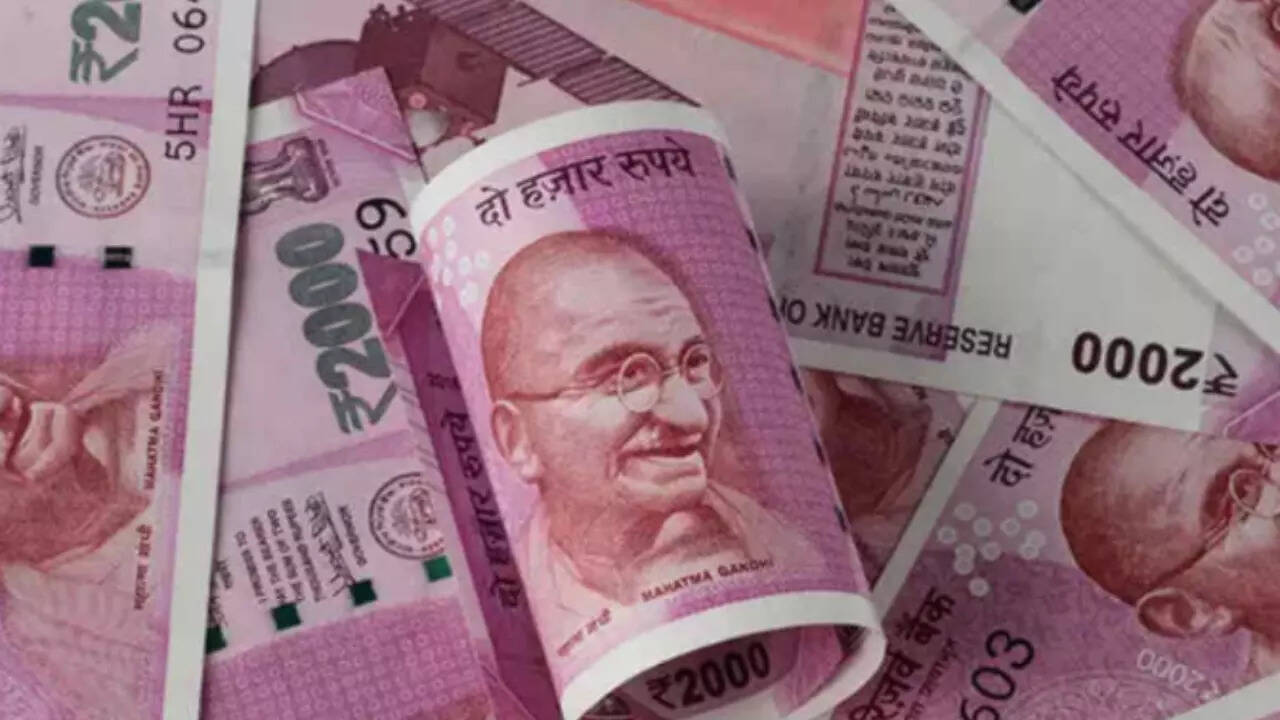Here are the Frequently Asked Questions (FAQ) about it:
Because you’re Denomination Rs 2000 banknotes withdrawn?
The Rs 2000 note was introduced in November 2016 under Section 24(1) of the RBI Act, 1934 mainly with an aim to meet the currency requirement of the economy in a quick manner after the withdrawal of the legal tender of all Rs 500 and Rs 1000 banknotes in circulation at the time. With the achievement of this goal and the availability of banknotes in other denominations in adequate quantities, the printing of Rs 2000 banknotes was stopped in 2018-19. Most of the Rs 2000 notes were issued before March 2017 and are at the end of their estimated 4-5 year lifespan. It has also been noted that this denomination is not commonly used for transactions. In addition, the stock of banknotes in other denominations continues to be adequate to meet the public’s foreign exchange needs.
In light of the above, and in application of the Clean Note Policy of the Reserve Bank of India, it has been decided to withdraw Rs 2000 notes from circulation.
What is the clean note policy?
It is a policy adopted by RBI to ensure that good quality banknotes are available to members of the public.
Do Rs 2000 Notes Remain Legal Tender?
YES. The Rs 2000 note will continue to remain in its legal tender status.
Can Rs 2000 notes be used for normal transactions?
YES. Members of the public can continue to use Rs 2000 notes for their transactions and receive them as payment as well. However, they are encouraged to deposit and/or exchange these notes by 30 September 2023.
What should the public do with the Rs 2000 notes held by them?
Members of the public can apply to bank branches for deposit and/or exchange of Rs 2000 notes held by them.
The account deposit and exchange facility for Rs 2000 notes will be available at all banks until 30 September 2023. The exchange facility will also be available at RBI’s 19 Regional Offices (ROs) with issuing departments until as at 30 September 2023 .
Is there a limit on depositing Rs 2000 notes into a bank account?
Depositing to bank accounts can be done without restrictions, in accordance with existing Know Your Customer (KYC) rules and other applicable legal/regulatory requirements.
Is there an operational limit to the amount of Rs 2000 notes that can be exchanged?
Members of the public can exchange Rs 2000 notes up to a limit of Rs20,000/- at a time.
Can Rs 2000 notes be exchanged through Business Correspondents (BC)?
Yes, Rs 2000 note exchange can be done through BC up to a limit of Rs 4000/- per day for one account holder.
From what date will the exchange service be available?
To allow time for banks to make preparatory arrangements, members of the public are advised to apply to bank branches or RBI ROs from 23 May 2023 to avail of the foreign exchange facility.
Is it necessary to be a customer of the bank to exchange Rs 2000 notes from its branches?
No. Even non-account holders can exchange notes from Rs 2000 up to a limit of ?20,000/- at any bank branch at a time.
What if someone needs more than Rs 20,000/- in cash for business or other purposes?
Depositing into accounts can be made without restrictions. Rs 2000 notes can be deposited into bank accounts and later cash requirements can be withdrawn, against these deposits.
Is there any fee to pay for the exchange service?
No. The exchange service will be provided free of charge.
There will be special provisions for the elderly, people with disabilities, etc. for exchange and deposit?
Banks have been instructed to make arrangements to lessen the inconvenience for the elderly, people with disabilities, etc., seeking to exchange/deposit 2000 rupee notes.
What will happen if you cannot deposit/exchange Rs 2000 note immediately?
To make the whole process smooth and convenient for the public, a period of more than four months has been granted for the deposit and/or exchange of Rs 2000 notes. Members of the public, therefore, are encouraged to avail themselves of this facility at their convenience within the allotted time.
What will happen if a bank refuses to change/accept deposit of Rs 2000 note?
For the reparation of the claim in the event of a lack of service, the complaining / damaged customer can first contact the bank concerned. If the bank does not respond within a period of 30 days after the complaint has been lodged or if the complainant is not satisfied with the response/resolution provided by the bank, the complainant can complain under the Reserve Bank – Integrated Ombudsman Scheme (RB -IOS) , 2021 on the RBI Complaint Management System portal.
(Source: Reserve Bank of India)

